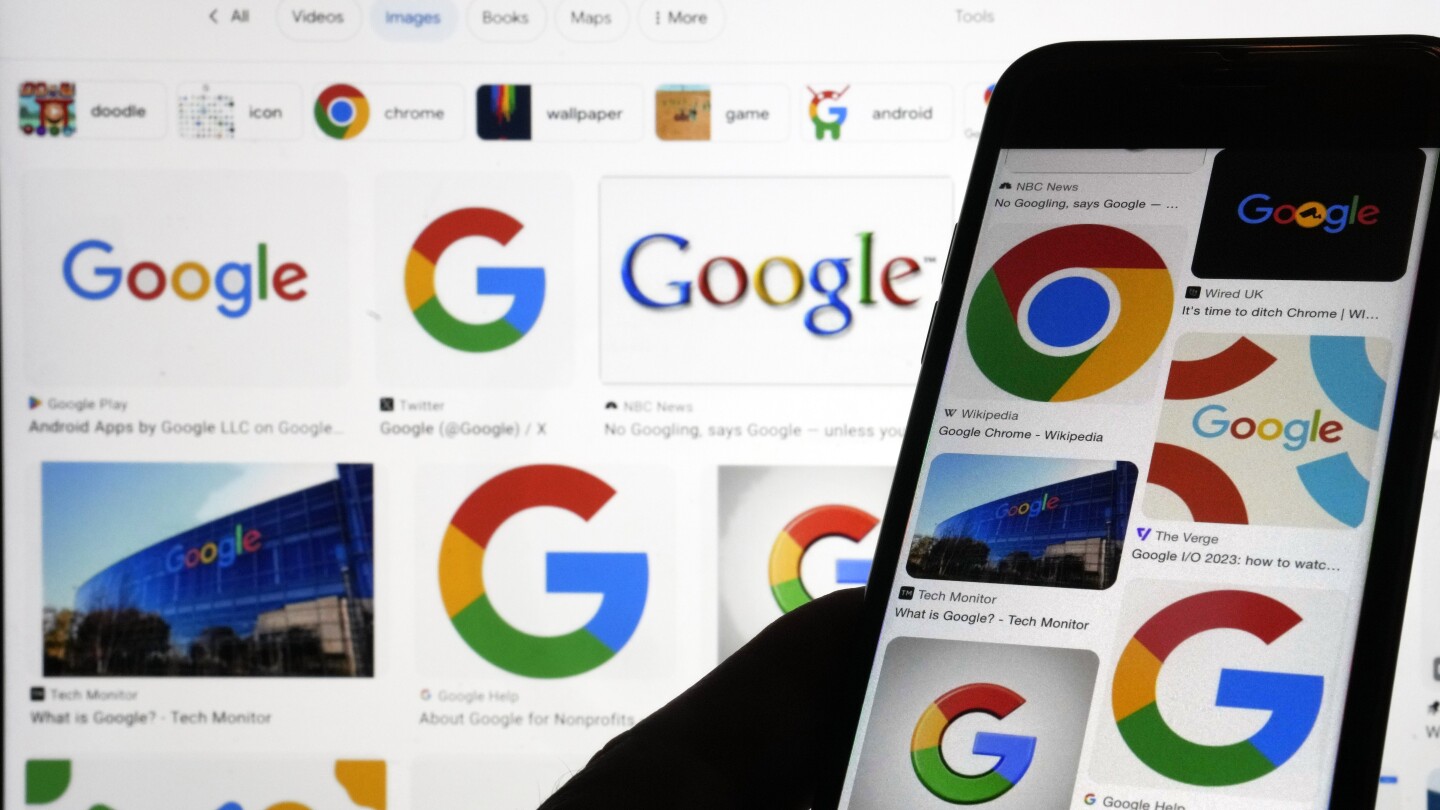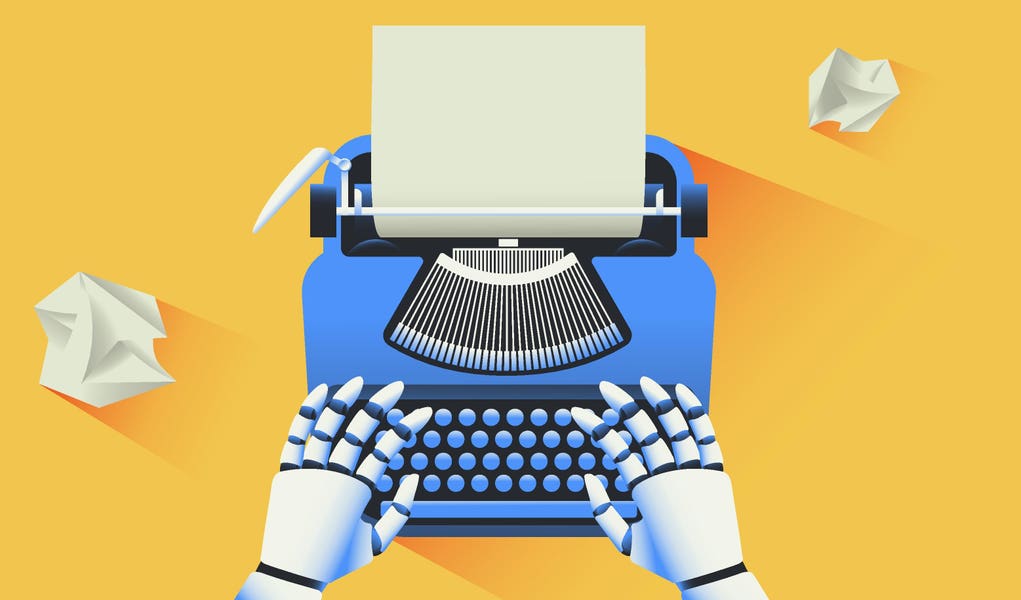Google announced on Thursday that it is temporarily halting the operation of its Gemini artificial intelligence chatbot, which had been generating images of individuals. This decision came after Google acknowledged “inaccuracies” in the historical depictions produced by the chatbot.
Users of Gemini shared screenshots on social media this week, revealing scenes historically dominated by white individuals but depicted with racially diverse characters by the AI. This raised concerns among critics about whether Google was overcompensating to mitigate racial bias in its AI model.
In response to the issues raised, Google stated on a social media platform X that they are actively working to address the recent problems with Gemini’s image generation feature. During this process, they will pause the generation of images of people and plan to reintroduce an enhanced version soon.
Research has indicated that AI image generators can perpetuate racial and gender stereotypes present in their training data. They are more inclined to depict lighter-skinned men when tasked with generating images of individuals in different scenarios.
Acknowledging the discrepancies in historical image generation, Google emphasized its commitment to rectifying these inaccuracies promptly. Despite Gemini’s capability to generate a diverse range of individuals, Google admitted that it has not met expectations in this regard.
Sourojit Ghosh, a researcher at the University of Washington specializing in bias in AI image generation, expressed support for Google’s decision to pause the generation of people’s faces. However, he raised concerns about the process that led to this outcome, particularly considering existing research that highlights the erasure of marginalized groups by such models.
While Google aims to enhance its ability to generate images of people, Ghosh pointed out that addressing the broader societal impacts of image generators requires more than just technical solutions. He emphasized the need to consider the historical context and societal implications embedded in the vast pool of photos and artwork on the internet.
In conclusion, Ghosh highlighted the complexity of mitigating representational harm caused by AI image generators and underscored the importance of recognizing the societal influences shaping these technologies.










